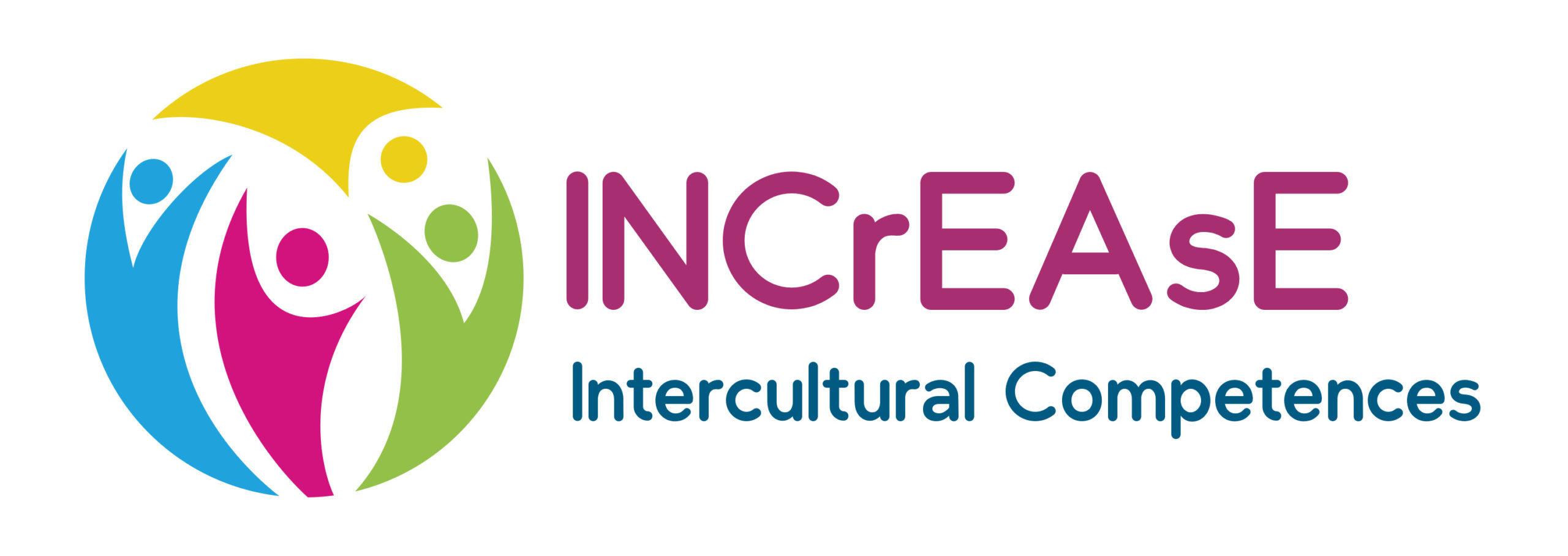Contents
Introduction
Target group
Main goal and objectives of the programme
Description
I. Module (about)
Unit 1 – Constituent Elements of ICC
What is culture and intercultural competence?
Knowledge as a constituent element of ICC
Skills as a constituent element of ICC
Attitude as a constituent element of ICC
Unit 2 – Dimensions of ICC
Cognitive dimension of ICC
Affective dimension of ICC
Behavioural dimension of ICC
Unit 3 – Intercultural Competence Assessment Tools
Intercultural competence assessment: implications and types of tools
Specific tools for IC assessment
II. Module II (about)
Unit 1 – Practical exercises on application of various methods
Questionnaires
Critical incidents
Cultural assimilators
Story circles
Communication exercises
Unit 2 – Case studies and simulations on intercultural competence of adult educators
Case study and simulation in non-formal adult education institutions in Romania
Case study and simulation in higher education institutions in Romania
Case study and simulation in non-formal adult education institutions in Lithuania
Case study and simulation in formal adult education institutions in Greece
Case study and simulation in non-formal adult education institutions in Spain
Case study and simulation in formal adult education institutions in Italy
Case study and simulation in formal adult education institutions in Cyprus
Unit 3 – Practical application of ICC in specific countries
Practical application of ICC in Romania
Practical application of ICC in Lithuania
Practical application of ICC in Greece
Practical application of ICC in Spain
Practical application of ICC in Italy
Practical application of ICC in Cyprus
Click here to offer your feedback about the training programme
